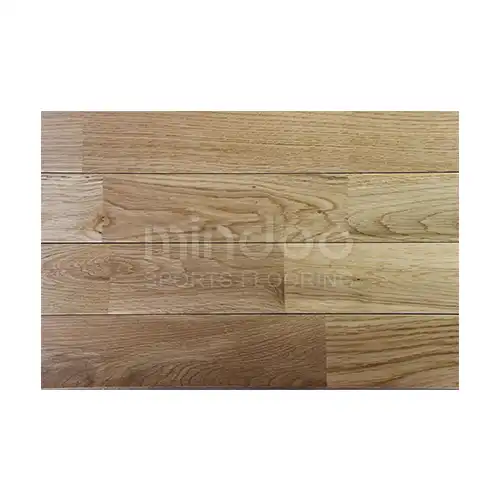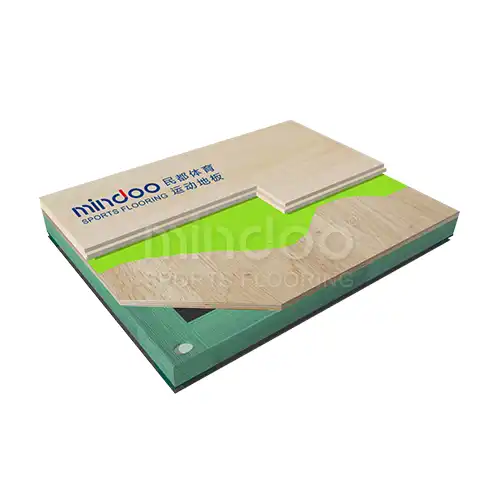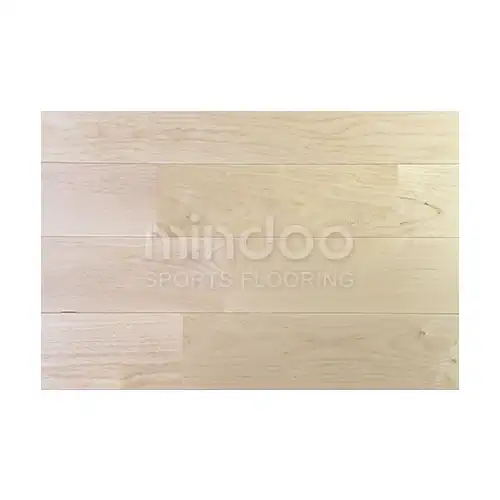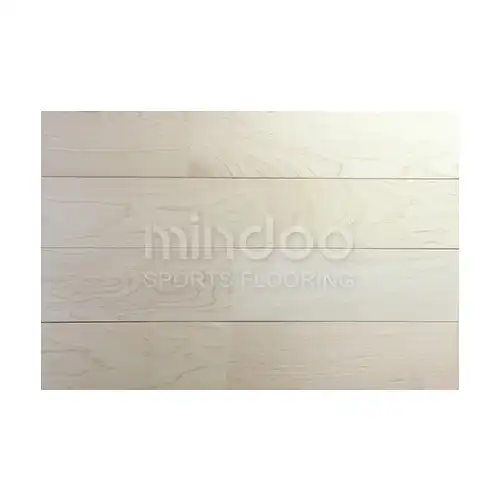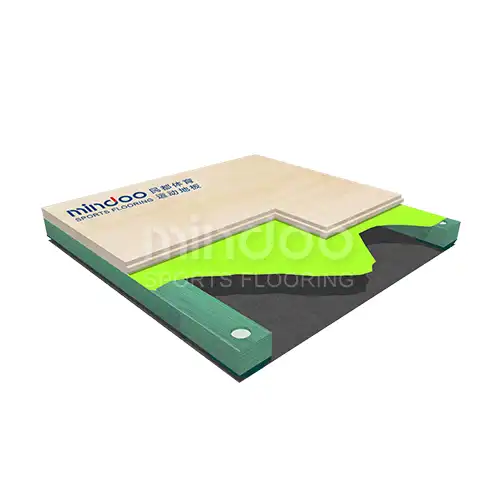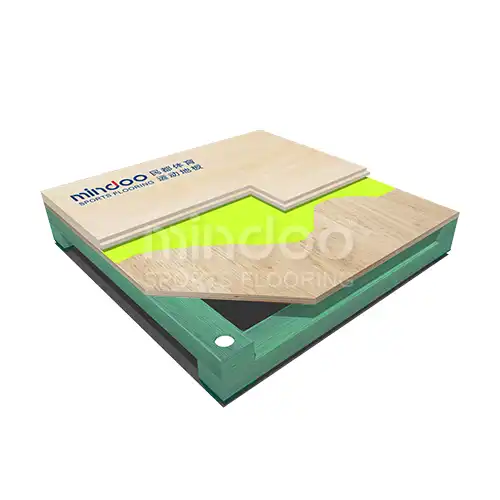What are the three types of sleepers?
How do hardwood, softwood, and composite sleepers differ?
Hardwood sleepers: The thick and trustworthy woods used to make the product integrate teak, jarrah, and oak. They are great for unshakable applications in the improvement of rail courses because of their surprising strength and solidness. Given their high thickness, hardwoods help in even scattering the train's weight. They are known for their standard protection from rot, bothers, and terrible climatic conditions. Due to their transcendent quality and long future, it normally comes at a more over-the-top expense than various sorts.
Wooden sleepers: Softwood sleepers are typically manufactured from coniferous trees like pine and tidy. When diverged from hardwood sleepers, they are more sensible and less complicated to work with. Softwoods have a lower thickness, making them lighter in weight and more direct to ship and present. Regardless, they are generally around less intense than the product and may require more upkeep for quite a while. Softwood sleepers are used on the majority of transitory or low-traffic rail route tracks.
Composite mattresses: Different materials are used in the formation of composite sleepers, the most generally perceived of which are reused plastics and fibers. They are wanted to mirror the appearance and support of standard wooden sleepers while giving updated robustness and security from rot and vermin. Because they are light, composite sleepers are easier to manage during foundation. They besides have a long future and require immaterial upkeep. They are additionally innocuous to the biological system since they are made with reused materials.
Which hardwoods make the best sleepers for flooring?
Oak sleepers: Oak is a famous decision for deck sleepers because of its high thickness and strength. It is entirely strong and can get through mileage along with significant individuals strolling through. Oak sleepers surrender a masterpiece and rich shift community to any ground surface endeavor, with a degree of grain models and combinations to scrutinize.
Teak sleepers: Teak is known for its normal sturdiness and water opposition, making it a magnificent decision for outside deck applications. It has a high happiness of regular oils that assist with shielding it from rot, bugs, and dampness. Teak sleepers offer a warm and welcoming stylish while being exceptionally tough.
Jarrah sleepers: Jarrah is a hardwood local to Australia that shows outstanding hardness and protection from decay and bugs. It is a well-known decision for both indoor and open-air flooring because of its solidness and rich rosy-colored tone. Jarrah sleepers give a novel and unmistakable focus on any deck project.
These hardwood species have demonstrated to be dependable options for ground surface sleepers, offering strength, life span, and visual allure.
What are the pros and cons of using hardwood vs. softwood sleepers?
Professionals of hardwood sleepers:
High toughness and strength: Hardwood sleepers can endure weighty loads and are appropriate for high-traffic regions.
Normal protection from rot bothers, and brutal atmospheric conditions: Hardwoods have intrinsic properties that make them impervious to decay, bugs, and antagonistic atmospheric conditions.
Longer life expectancy contrasted with softwood sleepers: Hardwoods for the most part have a more extended life expectancy, decreasing the requirement for continuous substitutions.
Appropriate for hard-core applications: It is great for rail lines following high train recurrence and weighty burdens.
Cons of hardwood sleepers:
More expensive than softwood sleepers: Hardwoods are ordinarily more costly because of their quality and toughness.
Heavier and more testing to deal with during establishment: The higher thickness of hardwood sleepers makes them heavier and more work serious to ship and introduce.
May require particular cutting and molding hardware: Contrasted with softwoods, hardwoods can be more challenging to work with, requiring the utilization of specific instruments and the capacity to shape and cut them.
Professionals of softwood sleepers:
More reasonable contrasted with the product: Softwoods are by and large more affordable, making them a financially savvy choice.
Lightweight and simpler to ship and introduce: Softwood sleepers are easier to transport and install because they are lighter in weight.
can be treated to increase decay and pest resistance: Softwoods can be artificially treated to upgrade their protection from rot, bugs, and different elements that can abbreviate their life expectancy.
Cons of softwood sleepers:
For the most part less sturdy and may require more incessant upkeep: Softwoods are less thick than hardwoods and may not keep going as lengthy, requiring more successive upkeep and possible substitution.
Inclined to distorting and breaking over the long run: Softwood sleepers can be more defenseless to distorting, contorting, or breaking under specific circumstances.
Not appropriate for hardcore applications or regions with high people walking through: Softwoods might not have the strength and toughness expected for substantial rail line tracks or regions with critical people walking through.
Considering these potential gains and disadvantages will help you with making a good choice considering your specific undertaking essentials, monetary arrangement, and backing limits.
Railroad development depends intensely on the utilization of sleepers, which are underlying components that help the rails and disseminate the heaps from trains. There are three fundamental kinds of sleepers usually utilized in railroad development: hardwood, softwood, and composite. It is normally produced using solid and solid wood species like oak, teak, and jarrah. Because of their solidarity and protection from mileage, the product is likewise a well-known decision for deck applications.
There are various contemplations to make while picking either softwood or hardwood sleepers. Since the product ordinarily has a more drawn-out life expectancy than softwood sleepers, life expectancy is a significant element. Cost is one more essential component, as it will quite often be more costly than softwood sleepers. Upkeep prerequisites are likewise significant, as they might require less support than softwood sleepers because of their normal protection from decay and bugs.
On the off chance that you are searching for a top-notch product for your deck needs, Mindoo is a top provider on the lookout. We offer many products that satisfy global guidelines for quality and strength. Our sleepers are obtained from supportable woods and go through thorough quality control cycles to guarantee that they meet our client's prerequisites. Reach us today at sales@mindoofloor.com to look further into our items and administrations or to demand a statement.
Notwithstanding hardwood and softwood sleepers, composite sleepers are turning out to be progressively famous in rail route development. Composite sleepers are ordinarily produced using a blend of reused plastic and different materials, making them eco-accommodating and lightweight. They offer fantastic protection from enduring, synthetic substances, and bugs, and have a long life expectancy contrasted with conventional sleepers. Composite sleepers likewise require less support than conventional sleepers, making them a practical choice over the long haul.
In conclusion, the success of any railway construction project depends on selecting the appropriate sleeper type. Factors like life expectancy, cost, and upkeep prerequisites should be considered while settling on a choice between hardwood, softwood, and composite sleepers. For great hardwood sleepers, Mindoo is the best provider, offering many items that fulfill worldwide guidelines for quality and solidness.
